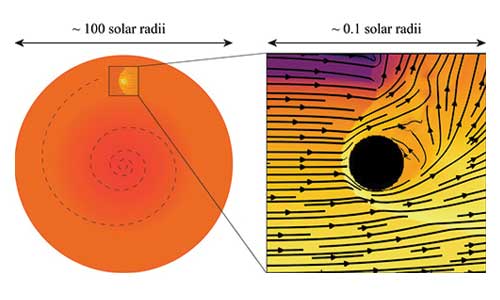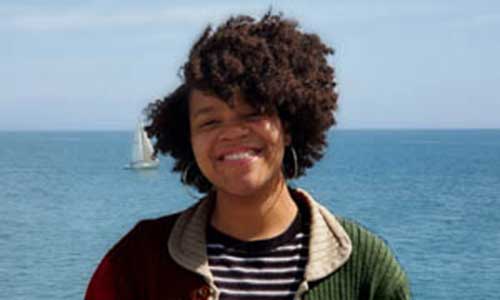TuesdayNewsdayVol. 8 - Issue 39 - June 28, 2022 |  |
|
 Northern elephant seals have highly-developed whiskers. |
Researchers used miniature video cameras to study how free-ranging elephant seals use their whiskers to track down prey in the darkness of the deep ocean. |
|
 | A new study using hydrodynamical simulations reveals the forces acting on a planet when it is swallowed by an expanding star. |
|
 | The Institute for Social Transformation will partner with the Salinas Inclusive Economic Development Initiative in an effort to reduce economic inequality and improve quality of life for local families.
|
|
 | Two professors will lead national research working groups, and two doctoral students have been selected for one-year research fellowships and a summer institute.
|
|
 | Graduate student Kalina Browne led development of a new research report that can help guide environmental organizations toward better engagement with coastal communities of color. |
|
 | The sequences are organized into a phylogenetic tree in the UC Santa Cruz SARS-CoV-2 Browser—the largest tree of genomic sequences of a single species ever assembled.
|
|
|
|
|
|
|
|
|
|
|
 | Forbes - June 22, 2022
Are Black Businesses Ready For Another Recession? |  | Science - June 22, 2022
Women scientists don’t get authorship they should, new study suggests |  | Grist - June 22, 2022
One family, three generations of cancer, and the largest concentration of oil refineries in California |  | Earth.com - June 19, 2022
Mangrove restoration efficiently reduces flood damage |  | Atlantic - June 17, 2022
Will these be the last polar bears on Earth? |  | Science - June 16, 2022
A $100 genome? New DNA sequencers could be a ‘game changer’ for biology, medicine |
|
|
|





